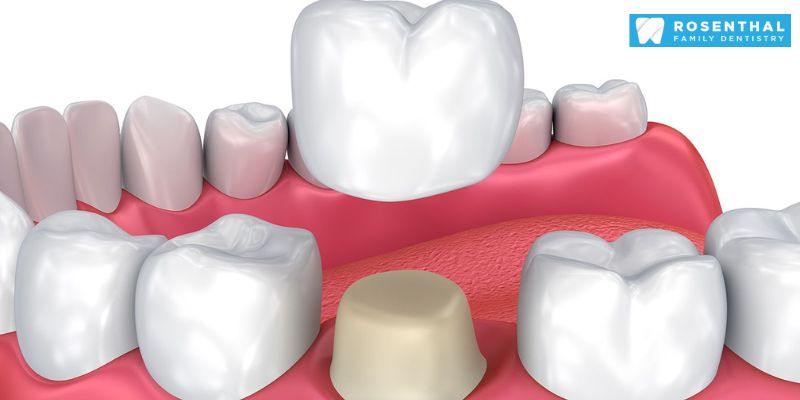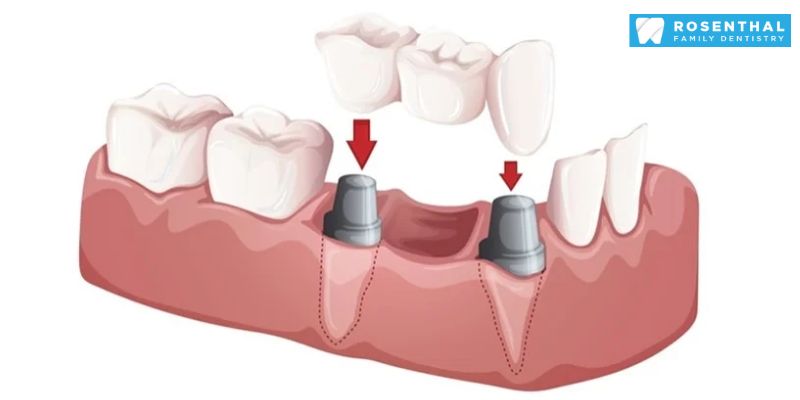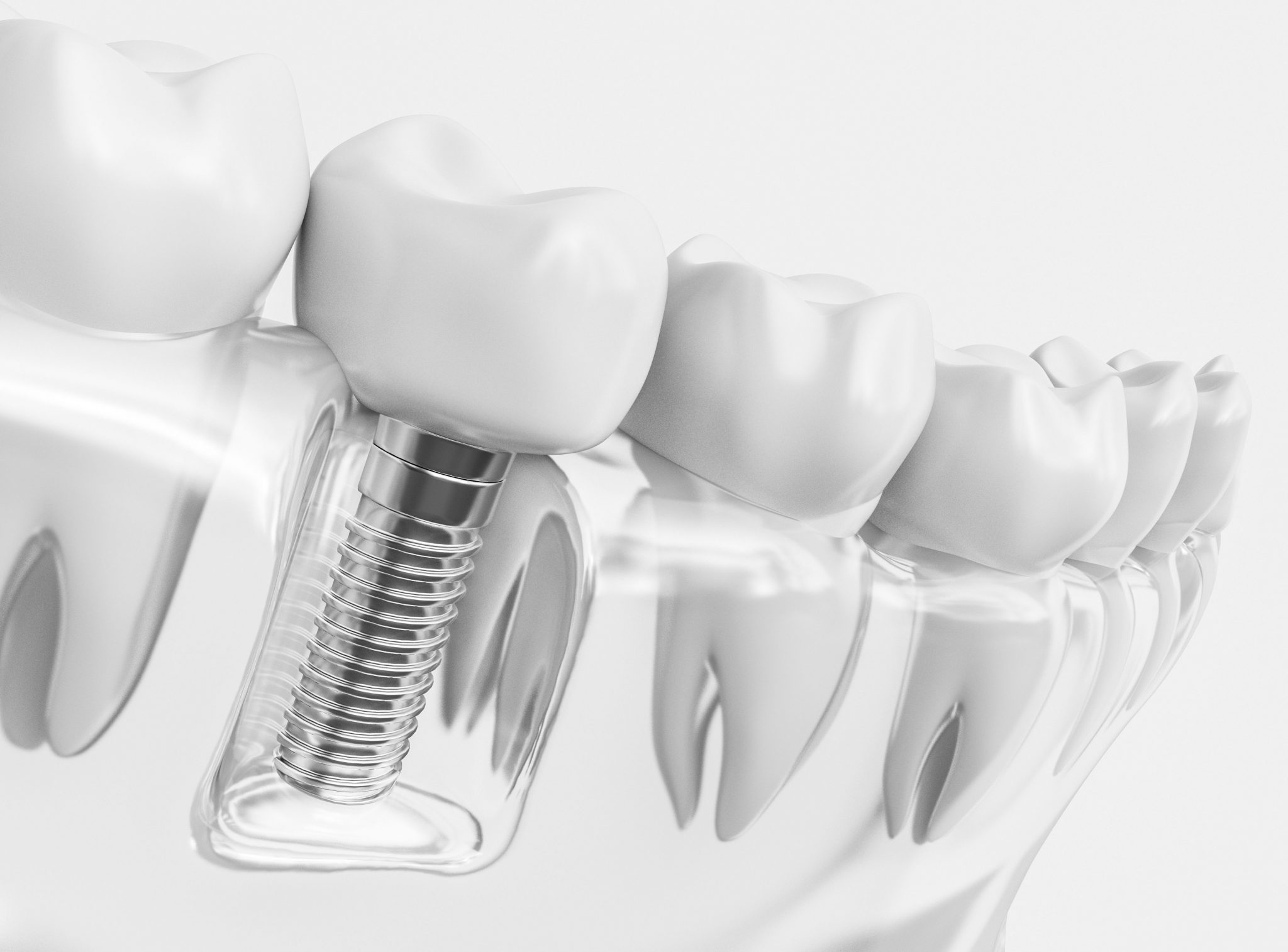Maintaining dental health is crucial for overall well-being, and one of the key procedures contributing to this is the dental filling procedure. This versatile treatment not only restores the function of damaged teeth but also enhances their appearance. Here, we explore the significant benefits of dental fillings.
Benefits of Dental Fillings for Restoring Tooth Function and Aesthetics
1. Restores Tooth Function
One of the primary benefits of the dental filling process is the restoration of tooth function. When a tooth is damaged due to decay or injury, it can hinder your ability to chew and speak properly. Dental fillings effectively fill the cavities and cracks, providing the necessary support for the tooth to function. This is crucial for maintaining a balanced bite and preventing further complications.
Moreover, modern tooth-filling services use advanced materials that mimic the tooth’s natural structure. These materials, such as composite resins, bond directly to the tooth, offering a durable solution that withstands daily wear and tear. This bonding process strengthens the tooth and helps distribute the chewing forces more evenly, reducing the risk of future damage.
2. Enhances Aesthetic Appeal
In addition to restoring function, dental fillings significantly enhance the aesthetic appeal of your teeth. Traditionally, fillings were made of metals, which were effective but highly visible. Today, cosmetic dentists often use tooth-colored materials that blend seamlessly with your natural teeth. This means that dental restoration no longer compromises your smile’s appearance.
These advanced materials used in tooth bonding and dental restoration are carefully chosen to match your natural teeth’ color, texture, and translucency. Whether you need a small cavity filled or a larger restoration, these modern solutions ensure that your teeth look as good as they function, boosting your confidence and allowing you to smile without hesitation.
3. Prevents Further Decay

A significant benefit of dental fillings is their role in preventing further tooth decay. Once a cavity is formed, bacteria can infiltrate and cause more extensive damage. By filling these cavities promptly, general dentists can seal off these entry points, halting the progression of decay and protecting the tooth’s inner structures.
Routine dental care and professional dental cleaning are essential for identifying cavities early. When caught in time, a simple teeth-filling service can prevent the need for more extensive treatments like root canals or extractions. This proactive approach preserves your natural teeth and saves you time and money in the long run.
4. Strengthens Tooth Structure
Dental fillings also play a crucial role in strengthening a tooth’s overall structure. When a tooth has been compromised by decay, its structural integrity is weakened. By filling the cavity, the tooth is reinforced, making it stronger and more resilient. This is particularly important for maintaining teeth’ long-term health and function.
In some cases, dental crown procedures or CEREC crowns may be recommended for additional support. These crowns can be crafted and placed in a single visit, thanks to technologies like iTero digital scanning. Whether you opt for traditional fillings or need more extensive support, these treatments ensure your teeth remain strong and functional.
5. Improves Oral Health
Beyond the immediate benefits of a single tooth, dental fillings contribute to overall oral health. Addressing cavities and preventing further decay help maintain a healthy balance of bacteria in the mouth. This is essential for preventing gum disease and other oral health issues from untreated cavities.
When cavities are left untreated, swollen gums and pain treatment often become necessary. Investing in dental treatments like fillings can avoid these complications and maintain a healthier mouth. This proactive approach is key to effective routine dental care and ensures your smile remains healthy and vibrant.
6. Minimally Invasive Treatment
Another significant advantage of dental fillings is that they are a minimally invasive treatment option. Unlike more extensive procedures like dental crowns or orthodontic treatments, which may require significant tooth reduction or adjustments, fillings typically involve removing only the decayed or damaged portion of the tooth. This preservation of healthy tooth structure benefits your teeth’ long-term health and strength.
The ceramic or porcelain dental crowns used in some cases can also be fitted with CEREC crowns the same day, thanks to advancements in dental technology. This means you can receive comprehensive orthodontic benefits and restore your teeth’s appearance in just one appointment.
7. Cost-Effective Solution

Lastly, dental fillings are cost-effective for restoring tooth function and aesthetics. Unlike other dental procedures, fillings are relatively affordable and can often be completed in a single visit. This makes them an accessible option for many patients seeking to address cavities and minor tooth damage.
Moreover, many dental insurance plans cover the cost of dental fillings, making it easier for patients to receive the necessary care. By prioritizing regular check-ups and promptly addressing cavities, you can avoid more costly and invasive treatments, ensuring your dental health is maintained cost-effectively.
8. Customized Treatment Options
Additionally, dental fillings offer a range of customizable treatment options to suit individual needs. Whether you prefer traditional amalgam fillings or more modern composite resin fillings, your cosmetic dentist can recommend the best material based on factors like the location of the cavity, your oral health needs, and your aesthetic preferences.
For those concerned about the visibility of fillings, especially in prominent areas of the smile, clear aligners or an Invisalign provider can use clear aligners to provide a more discreet solution. This customization ensures that your treatment aligns with your goals and enhances your satisfaction with the results.
Conclusion
Dental fillings are essential for restoring tooth function and aesthetics, with minimal invasiveness and customizable options. They offer long-lasting results when maintained through regular dental care, preserving oral health and natural smiles. Whether addressing cavities or enhancing dental aesthetics, consulting with a skilled Sunrise, Florida, dentist ensures effective treatment tailored to individual needs.






